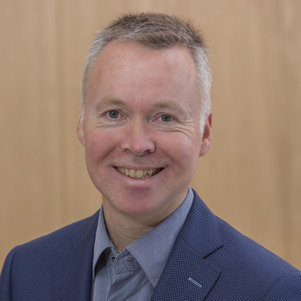National Growth Fund finances Cellular Agriculture
The National Growth Fund of the Dutch government grants conditional funding of 60 million euros to the Cellular Agriculture consortium, whose goal is to produce and promote protein-rich food from cultivated cells. The TU Delft is one of the founders of the consortium, with Marcel Ottens as initiator of the line of research. The TU Delft, together with the companies PlanetBio, DSM, Meatable, CE Delft and others, forms a hub in Delft for this new field of work.
Cellular agriculture is a relatively new and promising way to produce food that is rich in protein, such as cultivated meat and dairy. “With the Biotechnology department, TU Delft has a lot of ambition and expertise in research into food production with the help of cells”, Marcel Ottens explains. “For this, we’re also working together with companies a lot.” Next to being the initiator of the research, Ottens is a member of the steering committee of the consortium and board member of the Cellular Agriculture Netherlands foundation, whose goal is to carry out the Growth plan for Cellular Agriculture and thereby support cellular agriculture.
Food made by cells
Making food products from cells as efficient and as sustainable as possible requires a solid input of bioprocess engineering, an area in which TU Delft has a strong reputation. Ottens: “The expertise of our bioprocess engineers perfectly matches the Cellular Agriculture initiative that we’ve set up as a consortium within the National Growth Fund.”
“As is the case with all new production techniques, next to big opportunities there are also exciting technological challenges, that we at TU Delft are taking on gladly and with conviction”, says Ottens. “We want to broaden the network of engineers and scientists in this field of research. The investments of the National Growth Fund in education and research enables the TU Delft, together with other Dutch universities, to form an international academic center of gravity in the field of cellular agriculture.
